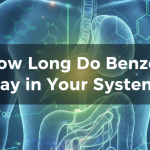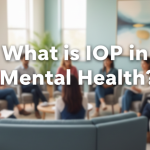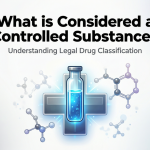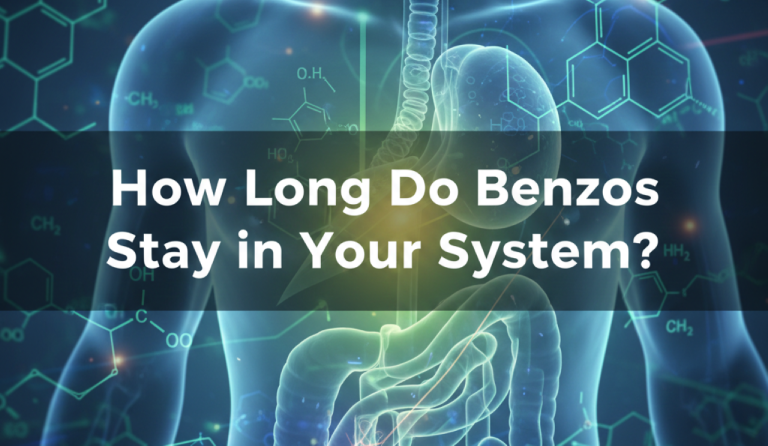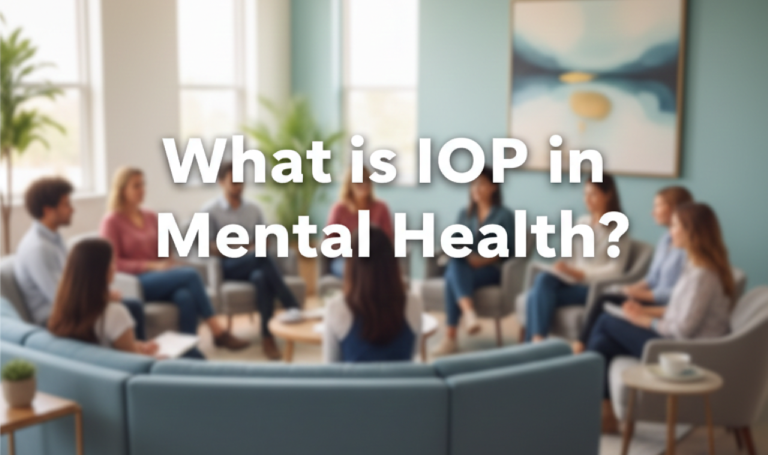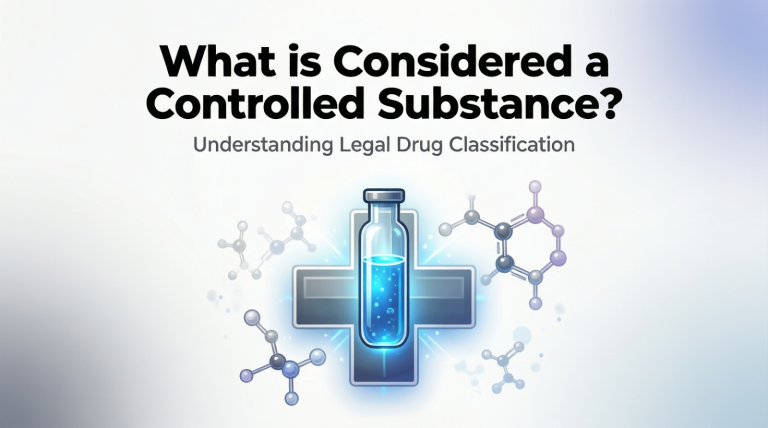Do you find yourself struggling with feelings of sadness, hopelessness, or worthlessness? Do you have trouble concentrating or sleeping? Are you losing interest in activities you used to enjoy? If so, you may be dealing with high-functioning depression. High-functioning depression is a mental illness that many people throughout the United States suffer from. This is why it’s imperative to know the signs and know your treatment options.
What Is High-Functioning Depression?

High-functioning depression can be difficult to spot because the symptoms are not as severe as traditional forms of depression. Oftentimes it can feel like people who suffer from high-functioning depression are functioning normally; however, they are struggling with deep emotional pain.
What Are the Signs of High-Functioning Depression?
There are a number of signs that may indicate you are dealing with high-functioning depression. If you have any of the following symptoms, it’s important to seek help from a mental health professional.
[accordion]
[accordionblock title=”Feeling Empty or Numb”]
One of the most common signs of high-functioning depression is feeling empty or numb. You may feel like you’re just going through the motions of life without any real joy or enthusiasm. Even activities you used to enjoy may no longer bring you any pleasure.
[/accordionblock]
[accordionblock title=”Trouble Concentrating or Making Decisions”]
Another common symptom of high-functioning depression is trouble concentrating or making decisions. If you find yourself having difficulty focusing on tasks or making simple decisions, it could be a sign that you’re struggling with depression.
Sometimes the pain of being depressed is so great that it’s the only thing on your mind; it’s almost as if there’s a cloud of sorrow hanging over that just lingers. It can make the simplest of tasks feel insurmountable.
[/accordionblock]
[accordionblock title=”Increase in Risky Behaviors”]
If you’re dealing with high-functioning depression, you may find yourself engaging in risky behaviors more often than usual. This could include things like excessive drinking, drug use, or promiscuous behaviors. Risky behaviors can be a way of numbing the pain you’re feeling or providing temporary relief from the emptiness you’re experiencing.
[/accordionblock]
[accordionblock title=”Changes in Eating Habits”]
Changes in eating habits are another common symptom of high-functioning depression. You may find yourself either overeating or undereating as a way of coping with what you’re going through. Alternatively, your appetite may change and you may not have any desire to eat at all.
[/accordionblock]
[accordionblock title=”Irritability or Anger”]
If you’re dealing with high-functioning depression, you may find yourself feeling more irritable or angry than usual. This change in mood can be especially noticeable to those around you who are used to seeing you as even-keeled and level-headed.
Irritability and anger are common symptoms of depression. If you’re struggling with high-functioning depression, you may find yourself snapping at friends or family members for no reason. You may also be quick to anger in general.
[/accordionblock]
[accordionblock title=”Loss of Interest in Activities You Once Enjoyed”]
When you’re struggling with high-functioning depression, it’s common to lose interest in activities that you once enjoyed. This could be anything from going out with friends to participating in hobbies. If you no longer take pleasure in the things you used to love, it may be a sign that you’re depressed.
[/accordionblock]
[accordionblock title=”Fatigue and Low Energy”]
One of the hallmarks of depression is fatigue and low energy. Even if you’re getting enough sleep, you may still find yourself feeling exhausted. This can make it difficult to get out of bed in the morning or to stick to your usual routine.
One of the most common symptoms of depression is fatigue or low energy levels. If you’re struggling with high-functioning depression, it may be harder to get out of bed. In addition to this, you have less energy throughout the day.
[/accordionblock]
[accordionblock title=”Changes in Appetite or Weight”]
Changes in appetite or weight are common symptoms of depression. If you’re struggling with high-functioning depression, you may find that you’re either eating more or less than usual. This change in appetite can lead to weight gain or weight loss.
[/accordionblock]
[accordionblock title=”Feelings of Hopelessness”]
High-functioning depression can make you feel hopeless about the future. You may feel like things will never get better or that there’s no point in trying to improve your situation.
[/accordionblock]
[accordionblock title=”Physical Symptoms”]
Depression can also cause physical symptoms, such as headaches, stomachaches, and body aches. These physical symptoms can be difficult to cope with, especially if you’re trying to maintain a high level of functioning.
[/accordionblock]
[/accordion]
What Might an Individual With High-Functioning Depression Face?
You may be wondering what high-functioning depression looks like. An individual with high-functioning depression may be successful in many areas; they may also experience the symptoms of depression.
High-functioning depression can be difficult to manage because it’s often not obvious that something is wrong. Individuals may seem to have it all together, but they’re really struggling with a lot of pain and despair.
If you think you might be dealing with high-functioning depression, it’s important to reach out for help. Talking to a therapist or counselor can be a great way to start working through your symptoms.
What Happens When High-Functioning Depression Co-occurs With Substance Abuse?

Substance abuse is common among those with high-functioning depression. This is because people may turn to alcohol or drugs in an attempt to self-medicate their symptoms. However, substance abuse can make the symptoms of depression worse and can lead to addiction. If you’re struggling with both high-functioning depression and substance abuse, it’s important to seek help from professional medical personnel.
Treating High-Functioning Depression
If you think you may be dealing with high-functioning depression, it’s important to seek help from a mental health professional. There are many effective treatments for depression, such as talk therapy, medication, and exercise. Getting treatment can help you manage your symptoms and live a healthier, happier life.
High-functioning depression is a serious condition that should not be ignored. If you think you may be dealing with high-functioning depression, seek help from a mental health professional. With treatment, you can manage your symptoms and live a healthy, happy life.
Orlando Treatment Solutions Assist High-Functioning Depression
If you or a loved one is struggling with high-functioning depression, Orlando Treatment Solutions can help. We offer a variety of mental health services, including talk therapy, medication management, and more. Our goal is to help you manage your symptoms and live a happier, healthier life. To learn more about our services or to schedule an appointment you can contact us here.







